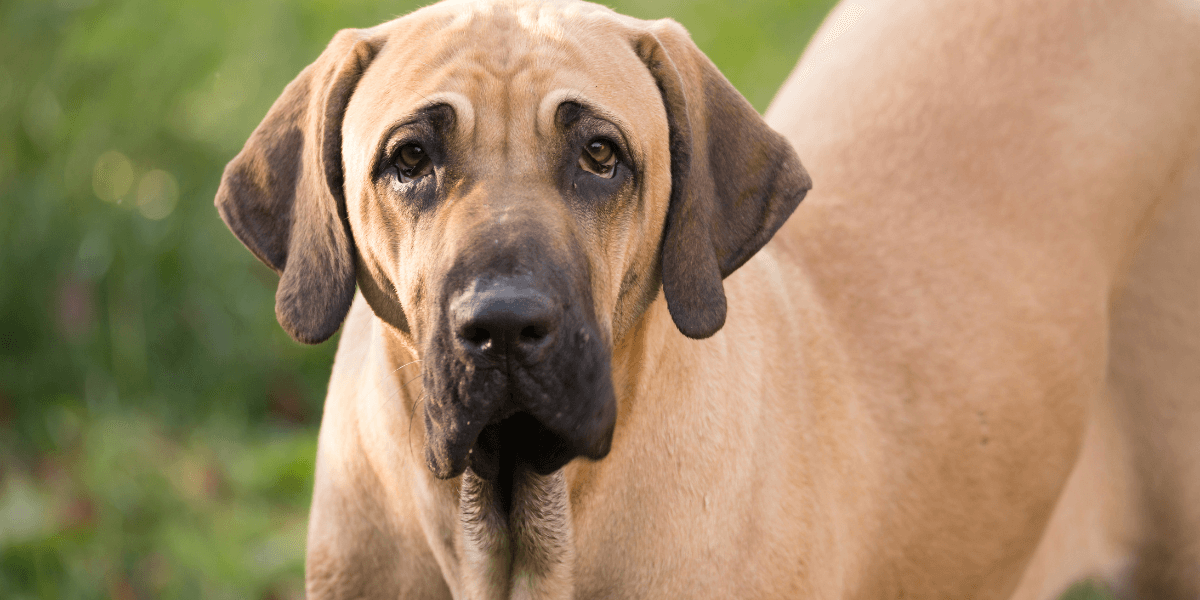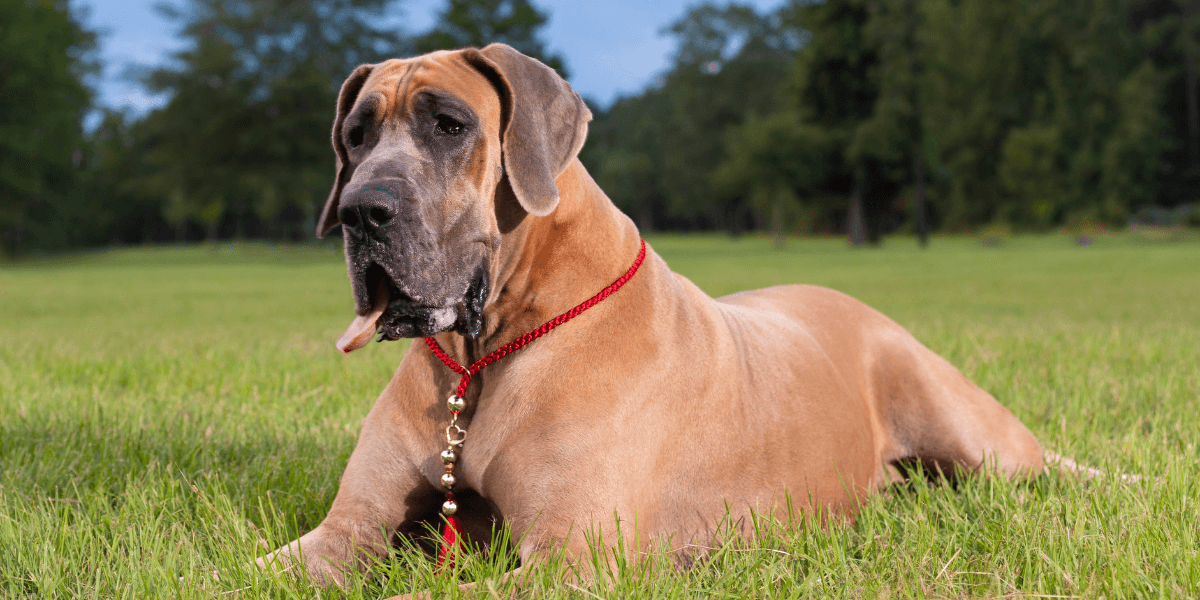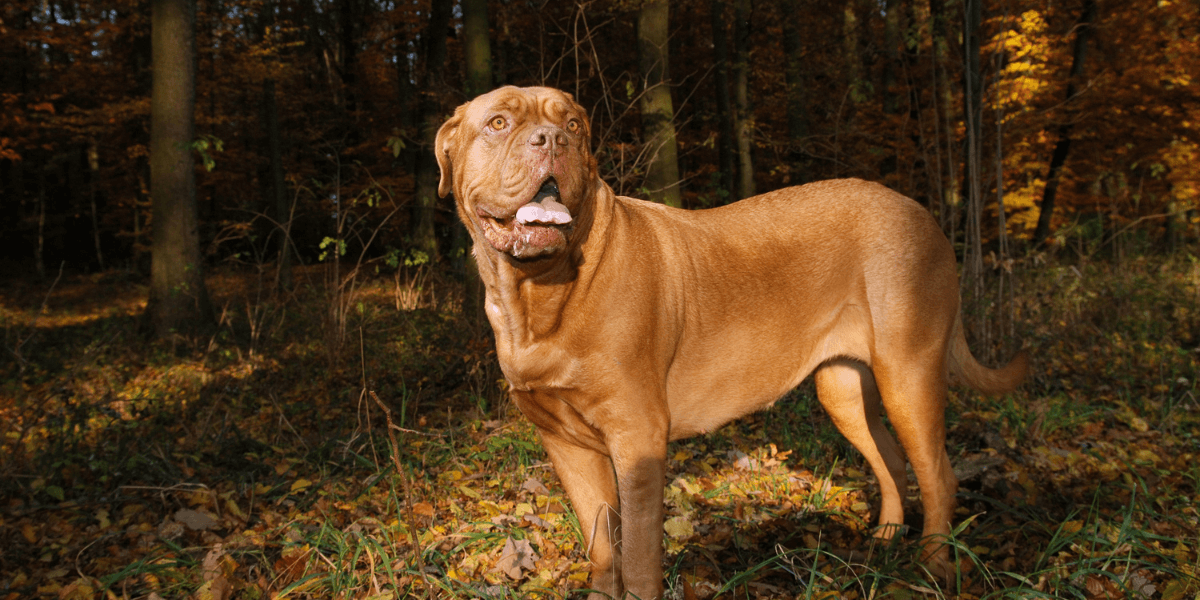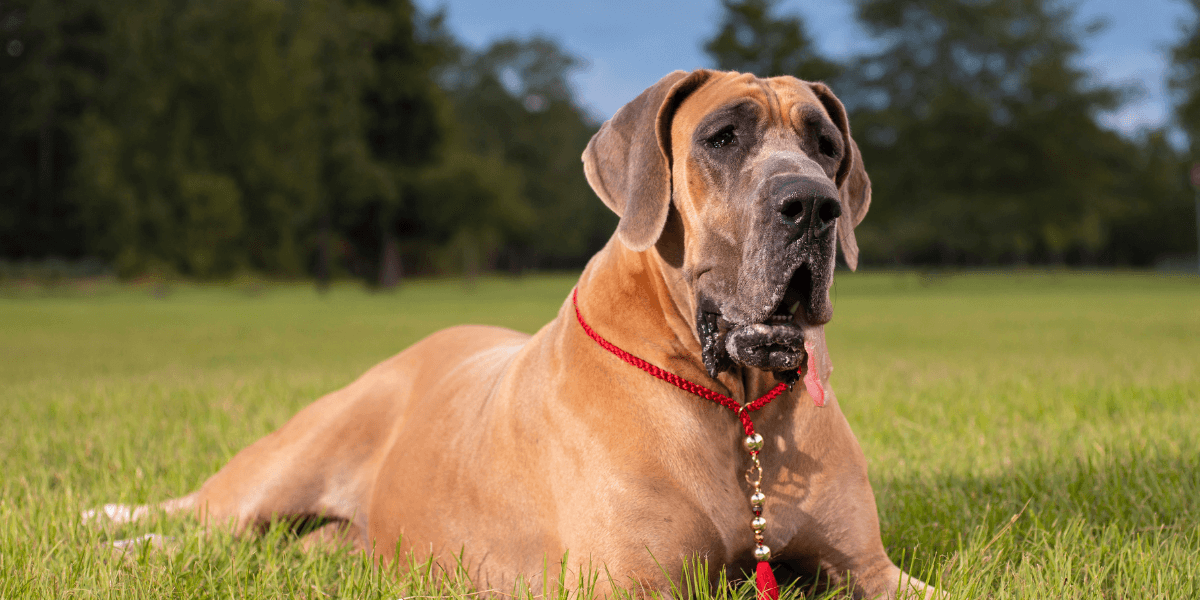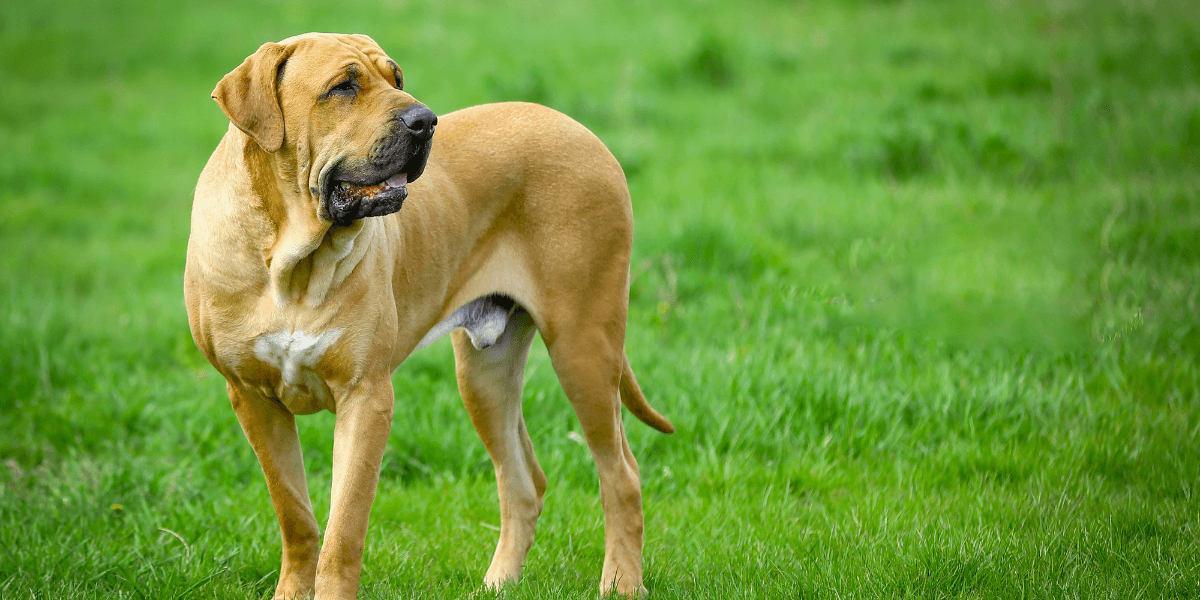Introduction
Mastiffs Good with Kids: An overview of Mastiffs' general temperament around children
- Discover why Mastiffs are often considered gentle giants in family settings
- Explore how their protective nature makes them reliable companions for kids
- Learn about their size and how it influences their interactions with children
- Understand the training and socialization needs for Mastiffs to ensure harmony
- Compare Mastiffs with other family-friendly breeds to highlight their unique traits
- Real-life examples and stories of Mastiffs thriving in homes with children
- Tips for prospective owners on integrating a Mastiff into a family with kids
1. Understanding the Mastiff Breed
Before diving into their compatibility with kids.
It’s important to understand what makes Mastiffs unique
- History and Origins: Mastiffs are one of the oldest dog breeds, originally bred as guard dogs and war dogs
- Physical Characteristics: With a protective instinct that often translates into a gentle demeanor towards
- Temperament: They are generally affectionate and loyal to their families
- Training Needs: Mastiffs require consistent, patient training due to their size and strength
- Health Concerns: Watch for joint issues and heart problems; regular vet check-ups are essential
- Exercise Requirements: Moderate exercise keeps them healthy; avoid intense activity in hot weather
2. Are Mastiffs Good with Children?
Mastiffs can be excellent family pets
Especially when it comes to interactions with children
- Gentle Giants: They can be very affectionate with kids and tend to be quite tolerant
- Protective Nature: This can be reassuring for families with young kids
- Supervision Required: Always supervise interactions between Mastiffs and young children for safety
- Socialization: Early socialization helps Mastiffs adapt well to family life and children
- Playfulness: Mastiffs can be playful and enjoy activities with kids, but be mindful of their size
However, as with any breed, individual temperament can vary
It's essential to evaluate each Mastiff's personality and behavior
3. Training and Socialization
Training is crucial in ensuring that your Mastiff gets along well with your kids
- Early Socialization: Start socializing your Mastiff at a young age
- Basic Obedience Training: Teaching basic commands like "sit," "stay," and "leave it"
- Supervised Interactions: Always supervise interactions between your Mastiff and young children
- Positive Reinforcement: Use treats and praise to encourage good behavior and reinforce commands
- Consistent Routine: Establish a regular training schedule to build discipline and routine
- Handling Size and Strength: Teach your Mastiff to walk calmly on a leash and manage their strength during training
4. Creating a Safe Environment
Creating a safe environment for both your Mastiff and your children is essential.
- Designate Spaces: Create designated areas where your Mastiff can retreat if they need some alone time
- Teach Children Respect: Educate your children on how to interact respectfully with the dog
- Safe Play Areas: Provide plenty of space for both the Mastiff and children to play safely
- Secure Fencing: Ensure your yard is properly fenced to prevent the Mastiff from roaming or escaping
- Remove Hazards: Keep potentially dangerous items, like small toys or sharp objects, out of reach
- Comfortable Resting Spots: Provide soft, comfortable bedding and resting areas for your Mastiff to relax
5. Health and Exercise Needs
Mastiffs have specific health and exercise needs .
That should be considered to keep them happy and healthy around children
- Exercise Requirements: Mastiffs require moderate exercise
- Health Concerns: Regular vet check-ups are important to manage these concerns
- Weight Management: Monitor diet and weight to avoid obesity-related health issues
- Joint Health: Opt for low-impact activities to support joints and prevent arthritis
- Hydration: Provide fresh water and a cool resting area, especially in hot weather
Discover fun and engaging Activities for Mastiffs to keep your gentle giant happy and healthy.
6. Common Misconceptions
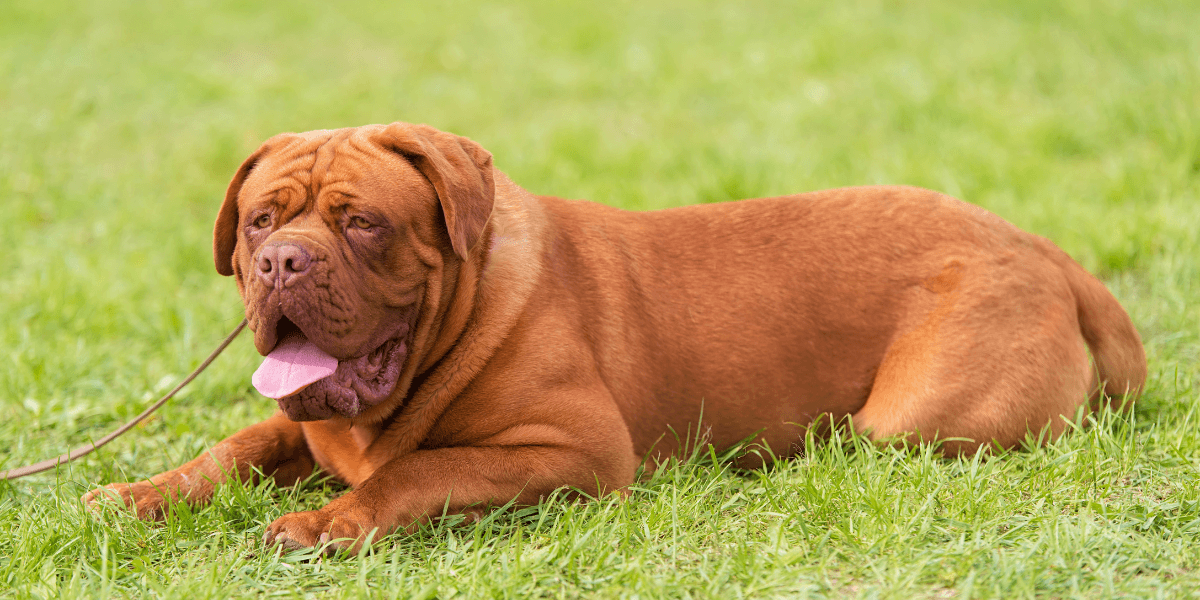
Addressing common misconceptions about Mastiffs.
Can help in understanding their behavior better
- Aggression: While Mastiffs are protective, they are not typically aggressive
- Size and Space: Despite their large size, Mastiffs can adapt well to various living situations
- Training Difficulty: Mastiffs are intelligent and can be trained with patience and consistency
- Lifespan: Despite their size, Mastiffs can live a healthy life with proper care and diet
7. Final Thoughts on Mastiffs Good with Kids
- Mastiffs can be great family pets with kids if well-trained and socialized
- Their gentle, protective nature makes them loving additions with proper training
- Invest in training and a safe environment for both your children and Mastiff
Compare Mastiffs to Rottweilers in Family Life and Kid Compatibility.
FAQs
1. Are Mastiffs good with kids?
- Yes, Mastiffs are generally gentle and patient with children
2. What is the temperament of Mastiffs around kids?
- Mastiffs are known for being calm, protective, and affectionate with children
3. How should I introduce a Mastiff to my kids?
- Introduce them slowly and supervise their interactions to ensure safety
4. Can Mastiffs be trusted alone with children?
- While they are usually good with kids, always supervise to ensure safety
5. How do Mastiffs react to children's play?
- Mastiffs are usually tolerant, but they prefer calm play to avoid stress
6. Are Mastiffs Good with Kids in all family settings?
- Yes, but their size means supervision is needed to prevent accidental harm
7. What are the best practices for families with Mastiffs?
- Teach kids to respect the dog's space and provide consistent training and supervision
Conclusion
- Mastiffs are gentle giants, great with kids due to their calm and patient nature
- Early socialization is key for Mastiffs to ensure positive interactions with children
- Proper training helps Mastiffs manage their size and strength around young kids
- Mastiffs’ protective instincts make them reliable family guardians for children
- Always supervise interactions between Mastiffs and kids to ensure safety and harmony
- Mastiffs thrive in a loving, structured environment, making them ideal family pets
- Consider individual Mastiff temperaments, as each dog's behavior can vary
- Consult breed experts to ensure Mastiffs are a good fit for your family's lifestyle
Leave a comment below sharing your experiences or questions about Mastiffs and kids!
References
For more information, check:
- Orthopedic Dog Beds: Help for Senior Dog Arthritis?
- Are Mastiffs Good with Kids?
- 5 Reasons a Mastiff Might Be the Right Dog Breed for You
- Best Dog Beds for Seniors: Orthopedic vs. Memory Foam Guide
- Are Mastiffs Good With Kids? What Parents Need To Know
Thank you!

